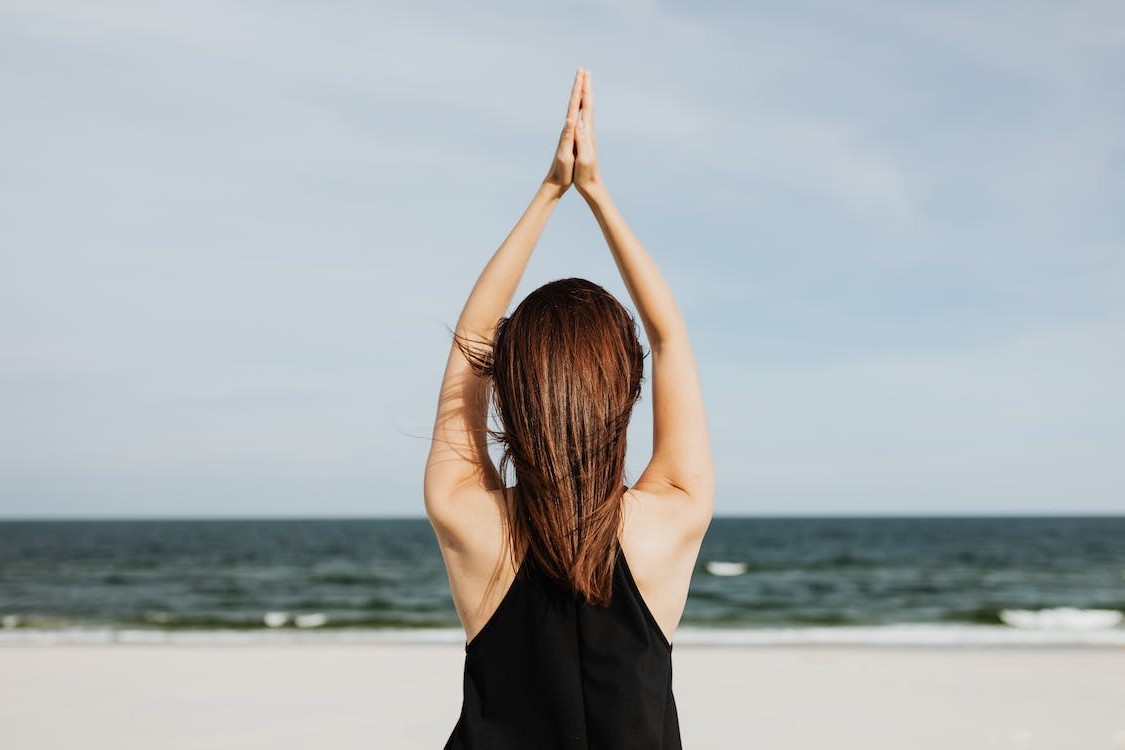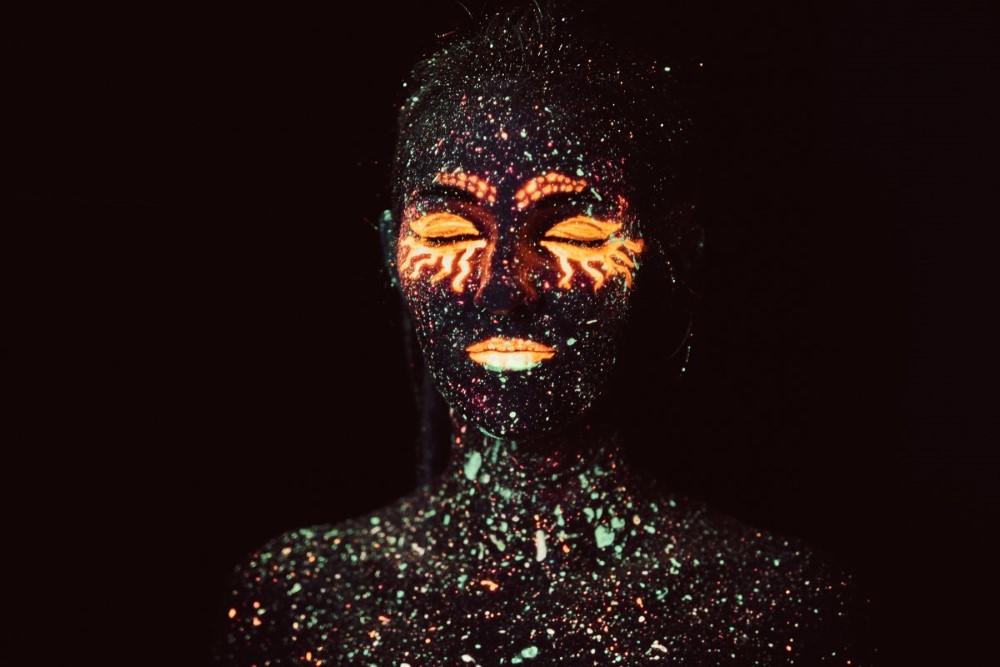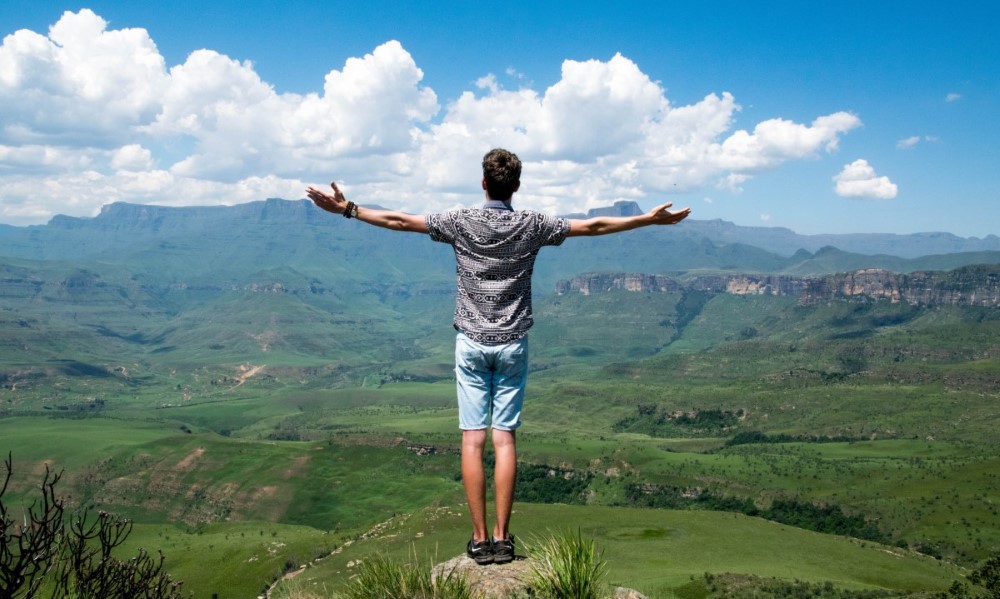As a family member seeking to support your loved one on their journey to recovery, you understand the importance of finding effective and holistic approaches to addiction treatment. In South Africa, where individuals face unique challenges in their pursuit of healing, exploring the benefits of yoga and meditation can be a powerful tool in promoting recovery, well-being, and lasting transformation.
Recovery is a deeply personal journey, and what works for one person may not work for another. However, the practice of yoga and meditation has shown immense promise in complementing traditional addiction treatment modalities. These ancient practices offer a holistic approach that addresses the physical, mental, and emotional aspects of addiction, providing individuals with valuable tools to navigate their path to recovery.

Yoga, with its gentle yet powerful movements and postures, not only promotes physical fitness but also helps in reducing stress, anxiety, and depression—the very triggers that often fuel addictive behaviors. By incorporating yoga into addiction treatment, individuals can develop a deeper connection with their bodies, cultivate self-awareness, and learn healthier coping mechanisms. Through regular practice, they can experience increased emotional resilience and improved overall well-being.
Similarly, meditation serves as a powerful tool to quiet the mind, reduce racing thoughts, and foster inner peace. By learning to observe their thoughts and emotions without judgment, individuals in addiction recovery can develop a greater sense of self-control and inner strength. Meditation practices also aid in managing cravings, promoting relaxation, and enhancing mental clarity, empowering individuals to navigate the challenges of recovery with a clear and focused mind.
It is important to note that while yoga and meditation can be valuable additions to addiction treatment, they should not replace professional help and guidance. A comprehensive treatment plan that includes therapy, counseling, support groups, and medical intervention remains essential. Therefore, we encourage you to seek professional support from reputable treatment centers that offer a well-rounded approach to addiction recovery.
| Concept | Description |
|---|---|
| Mindfulness-Based Stress Reduction (MBSR) | MBSR is a structured program that combines mindfulness meditation, body awareness, and yoga to help individuals reduce stress, manage pain, and cultivate a greater sense of well-being. It can be beneficial in addiction treatment by promoting self-awareness, emotional regulation, and relapse prevention. |
| Art Therapy | Art therapy utilizes the creative process to enhance self-expression, self-discovery, and emotional healing. Through various art forms, individuals can explore their feelings, develop coping skills, and gain insights into their addiction and recovery journey. |
| Equine-Assisted Therapy | Equine-assisted therapy involves interactions with horses to promote emotional growth, self-esteem, and non-verbal communication. This unique approach can help individuals in addiction recovery build trust, develop empathy, and gain valuable insights into their own patterns of behavior. |
| Nature-Based Therapy | Nature-based therapy harnesses the healing power of the natural environment to support individuals in their recovery journey. Spending time in nature, engaging in outdoor activities, and connecting with the elements can promote stress reduction, self-reflection, and overall well-being. |
| Mind-Body Connection | Recognizing the intricate link between the mind and body, this concept emphasizes practices such as tai chi, qigong, and somatic experiencing. By cultivating a harmonious mind-body connection, individuals can enhance self-awareness, regulate emotions, and foster holistic healing. |
By embracing these practices, you have the opportunity to cultivate a deeper connection with your body, quiet your mind, and tap into your inner strength. Yoga and meditation can help you navigate the ups and downs of recovery, providing you with valuable tools for managing stress, reducing cravings, and developing healthier coping mechanisms.
It’s important to remember that the practice of yoga and meditation should not replace professional help and guidance but rather complement a comprehensive treatment plan. Seek out reputable treatment centers that offer a holistic approach to addiction recovery, combining traditional therapies, counseling, and support groups with these powerful practices.
As you embark on this path of healing, keep in mind the wise words of Mahatma Gandhi, who said, “The future depends on what you do today.” Embrace the benefits of yoga and meditation, seek professional support, and take action towards your own well-being and transformation. Remember, you are not alone in this journey—there is hope, there is healing, and there is a brighter future awaiting you.
So, my dear friends, let us move forward together, with courage, determination, and an open heart. Embrace the power of yoga and meditation, find support from professionals who understand the complexities of addiction recovery, and embark on a path towards a life filled with joy, peace, and fulfillment. The possibilities are endless, and the choice is yours. Take that first step today and embrace the transformative journey that awaits you.
“Believe you can, and you’re halfway there.” – Theodore Roosevelt




